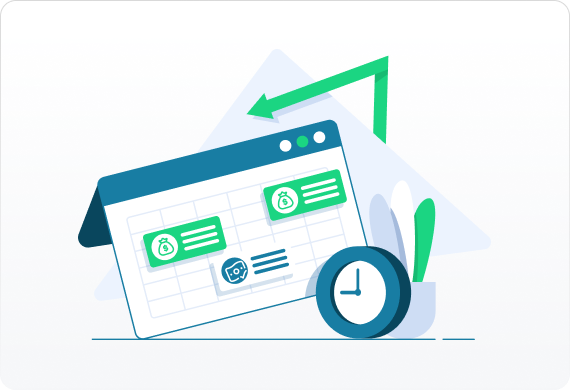It’s no secret that the hospitality industry took a hit in 2020. With the COVID-19 pandemic keeping everyone home and governors limiting interstate travel, it was a tough time to be in the hospitality industry. It’s estimated that the pandemic led to $492 billion in losses for the industry, but things are on an upswing.
In the United States, there are approximately 91,000 hotels and motels which generate over $194 billion of revenue in a normal year. There are signs of recovery, with hotels expected to add 200,000 direct hotel operations jobs in 2021 and 56% of customers saying they expect to travel for leisure in 2021. Pre-pandemic, wages accounted for 25% to 30% of a hotel’s revenues, making it a significant expense for hotel operators.
The industry also encompasses amusement and theme parks, tourist activities and attractions, dining and guided tours. All these hospitality-related businesses also depend on tourism and travel for their livelihoods.
If you’ve been thinking of opening or acquiring a hotel, or expanding an operation, or making another investment to help you recover from 2020, you might not have the cash reserves to fund your plans. Borrowing could be a smart choice.
If you already know that it’s time to take out a loan, it takes just a few minutes to apply online. But before you apply you should know how you intend to use the funds, how much capital you need to borrow, and the best loan for your hospitality business.







